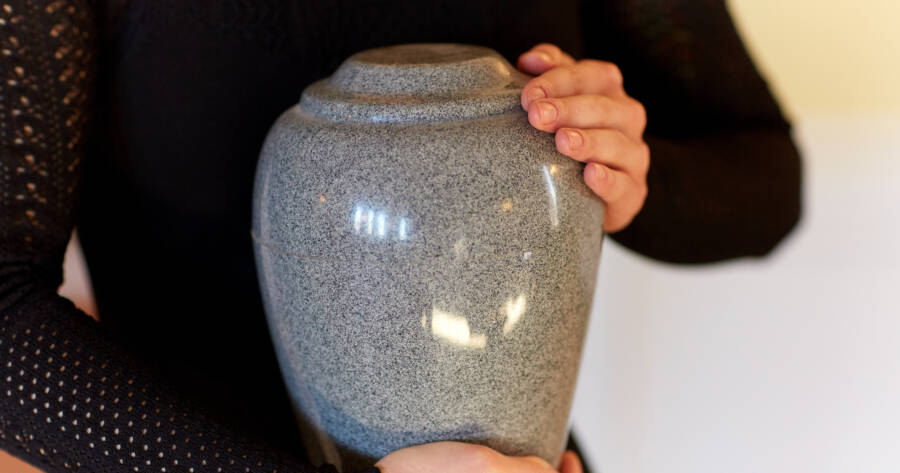Life is a journey filled with important decisions, and one of these end of life services. Learn everything you need to know about cremation services today.
What Is Cremation?
Cremation is a process where a deceased body is exposed to high temperatures, usually ranging between 1400°F to 1800°F, resulting in its reduction to ashes. This practice, ancient in its origins, has been a part of various cultures for millennia.1
The ashes, colloquially known as cremains, are then placed in an urn or another suitable container. Depending on personal or religious choices, these cremains can be stored, scattered, or even buried.
The Benefits of Cremation
One of the significant advantages of cremation is its environmental consideration. Unlike traditional burials, cremations use less land space, playing a role in land conservation.2
Families have the choice to scatter the ashes in a place of significance, retain them within the household, or bury them alongside family. Moreover, from a financial perspective, cremation often emerges as a more cost-effective choice.
How To Find Affordable Cremation Services?
Identifying affordable cremation services requires a blend of diligence and strategy. It’s beneficial to approach it as one would with any other major service: by shopping around. By getting quotes from multiple providers, you can compare prices and services to find the best fit for your needs. Online research is another invaluable tool.
Pre-planning is another way to save. By deciding on cremation services in advance, you can lock in current prices and alleviate both emotional and financial burdens from loved ones in the future.
Learn More Today
By understanding the benefits and intricacies of cremation services, you stand in a better position to make informed decisions for yourself or those close to you. With the vast resources available online, you’re just a click away from gaining deeper insights into this topic. Embark on your research journey today and learn more.
